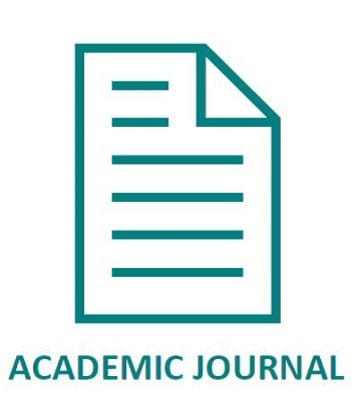A metabolism perspective on alternative urban water servicing options using water mass balance
Abstract
Urban areas will need to pursue new water servicing options to ensure local supply security. Decisions about how best to employ them are not straightforward due to multiple considerations and the potential for problem shifting among them. We hypothesise that urban water metabolism evaluation based a water mass balance can help address this, and explore the utility of this perspective and the new insights it provides about water servicing options. Using a water mass balance evaluation framework, which considers direct urban water flows (both 'natural' hydrological and 'anthropogenic' flows), as well as water-related energy, we evaluated how the use of alternative water sources (stormwater/rainwater harvesting, wastewater/greywater recycling) at different scales influences the 'local water metabolism' of a case study urban development. New indicators were devised to represent the water-related 'resource efficiency' and 'hydrological performance' of the urban area. The new insights gained were the extent to which alternative water supplies influence the water efficiency and hydrological performance of the urban area, and the potential energy trade-offs. The novel contribution is the development of new indicators of urban water resource performance that bring together considerations of both the 'anthropogenic' and 'natural' water cycles, and the interactions between them. These are used for the first time to test alternative water servicing scenarios, and to provide a new perspective to complement broader sustainability assessments of urban water.
Note: Journal articles and conference papers (and links where available) are available under open access arrangements where possible. Otherwise please contact your institution’s library, the authors, or publishers to organise full access.
